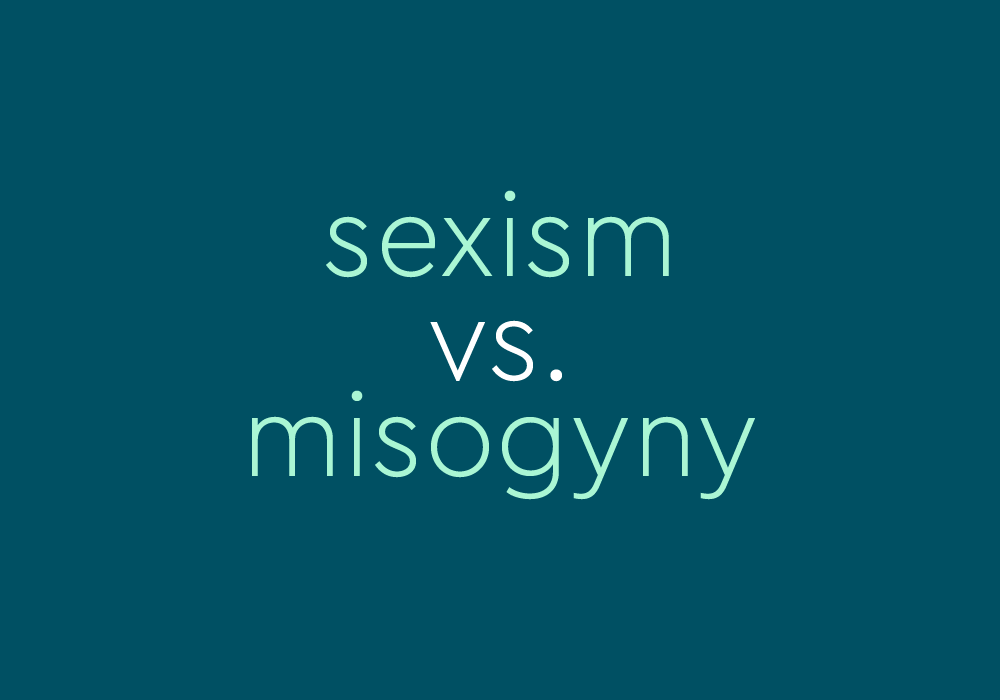BY WILLIAM LAMBERS
Humanitarian workers are extremely frustrated that the conflict and hunger in Sudan is hardly getting any media attention. The civil war between the Sudanese Armed Forces (SAF) and the Rapid Support Forces (RSF) has gone on for almost a year, endangering the lives of millions.
Over 8 million people been uprooted from their homes, losing everything. Sudan is now the world’s largest displacement crisis. Food shortages are worsening across the country and starvation is occurring. But you rarely hear about it in the news.
I recently listened to a briefing from the Sudan directors of CARE, the International Rescue Committee (IRC), and the Norwegian Refugee Council. They warn of potential famine.
The fighting has spread into Sudan’s main agricultural areas, destroying precious farmland. Farmers cannot grow food as the conflict rages on. Sudan’s harvest is now reduced, worsening hunger in the already impoverished country.
“Attacks in mid-December interrupted the main season harvesting and cultivation of winter wheat in highly productive areas of Sudan, and we are expecting major impacts on national food availability,” said Emily Turano of the Famine Early Warning Systems Network (FEWS NET).
To make matters worse, the humanitarian agencies in Sudan are not getting enough funding to help the victims of the civil war. These charities depend on support from governments and the public.
Only 5 percent of the required funding for the humanitarian response in Sudan has been received, according to the United Nations. The international community must do more to get a ceasefire in Sudan and increase humanitarian funding.
I asked the country directors about the plight of refugees fleeing Sudan into neighboring Chad and South Sudan. They said food is in short supply in those countries, too. Chad and South Sudan also suffering from severe hunger.
Sudanese refugees are “looking for food, and they are crying because they are hungry and their children hungry. This is for real. This is what is happening in Eastern Chad and South Sudan,” said Fatima Ahmed, president of Zenab for Women in Development, a partner of CARE.
The refugees from Sudan may have escaped the violence in their country, but they cannot escape the reality of hunger.
“Across the region, nearly 28 million people face acute food insecurity with 18 million in Sudan, 7 million in South Sudan, and nearly 3 million in Chad,” said Carl Skau, deputy director of the U.N. World Food Program (WFP), speaking before the U.N. Security Council on March 20. Again, the lack of funding limits the ability to feed the hungry in these nations.
WFP has been trying to preposition food in Chad ahead of the rainy season, but without funding they cannot do it. That means more hunger awaits the Sudanese refugees there. And if the war continues, more people will be fleeing into impoverished South Sudan and Chad.



